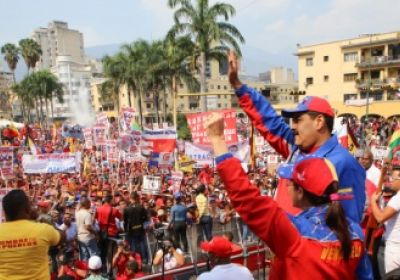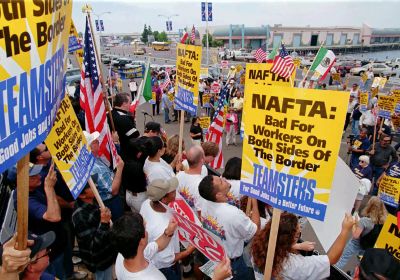
The Trans-Pacific Partnership (TPP) being negotiated between the US and 11 other Pacific Rim nations — including Australia — is a treaty covering regulations and investments.

The Trans-Pacific Partnership (TPP) being negotiated between the US and 11 other Pacific Rim nations — including Australia — is a treaty covering regulations and investments.
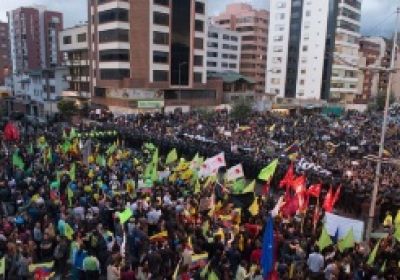
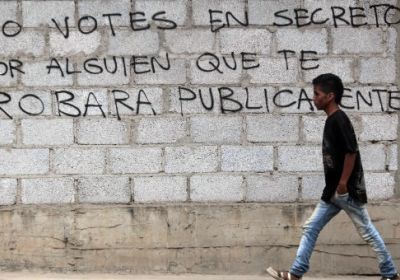
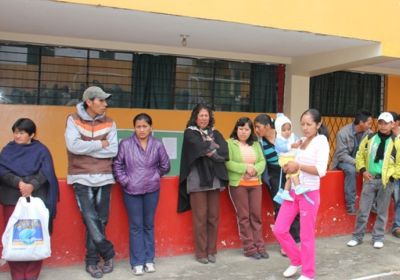
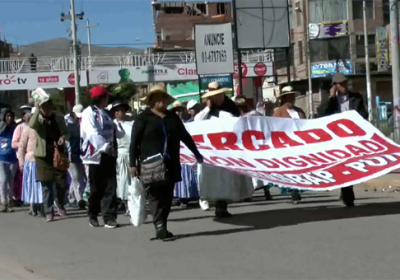
A 48-hour strike regional strike in the south of Peru defied a state of emergency on Mary 27 and 28, continuing to protest against Southern Copper Corp's unpopular Tia Maria mine.
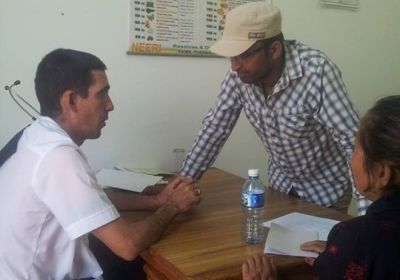

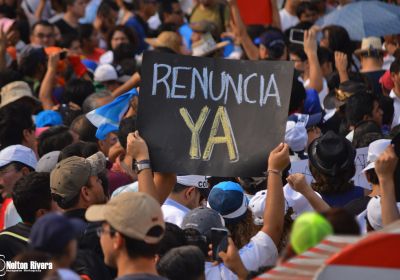
"Resign Now" is the rallying cry of the popular movement bringing together diverse social sectors calling for President Perez Molina's resignation. Photo: Prensa Comunitaria. Despite growing social movement pressure and emerging corruption scandals, Guatemalan President Perez Molina says he will not resign.
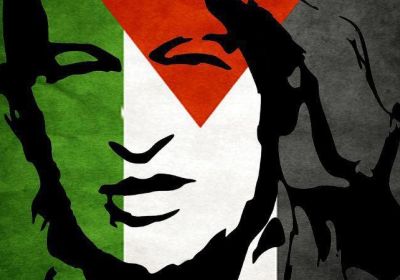
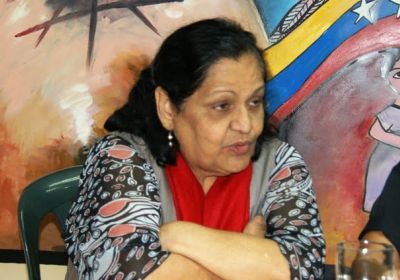
 Demonstrators demanding justice in the case of the 43 disappeared Ayotzinapa students. Photo: Clayton Conn/TeleSUR.
The lawyer representing the parents and relatives of 43 missing Ayotzinapa students criticised the Mexican government on May 14 for stopping a meeting between experts from the Inter-American Court of Human Rights and army officials.
Demonstrators demanding justice in the case of the 43 disappeared Ayotzinapa students. Photo: Clayton Conn/TeleSUR.
The lawyer representing the parents and relatives of 43 missing Ayotzinapa students criticised the Mexican government on May 14 for stopping a meeting between experts from the Inter-American Court of Human Rights and army officials.
